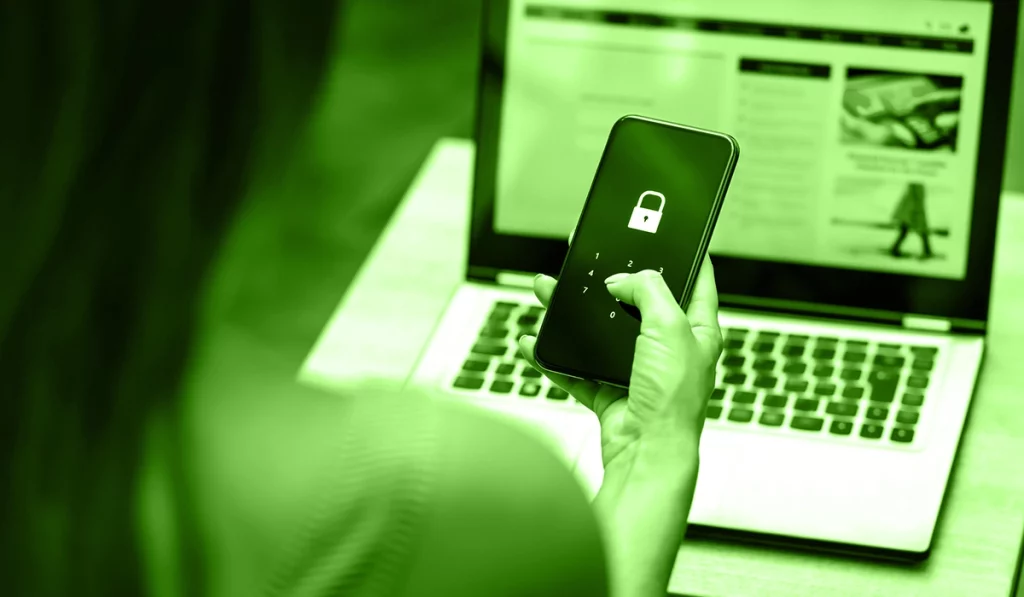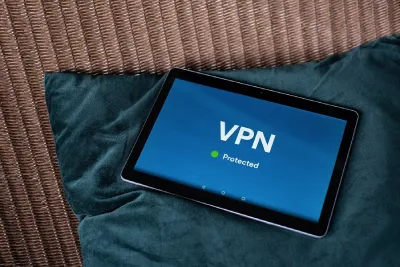We live in a connected world where most of our activities are conducted online. From conversations with friends and family, to shopping, to ensuring the temperature in your home is just right, we rely on the internet for many things.
But all this convenience comes at a price, an increased vulnerability to hackers.
That’s why you must learn how to keep your data secure at home.
Why Does Data Security Matter?
With the rise in remote work and bringing your own device (BYOD), it has become critical to beef up cybersecurity for the home. Failure to do so could lead to:
- Identity theft
- Hackers gaining access to your devices, your passwords, and your personal information
- Compromised home security or work networks
So, yes, data security at home is a priority now, like never before.
That’s why you must invest in portable work from home storage solutions.
Apart from this, there are other security measures you can take. Let’s take a look at other methods of protection.
How to Keep Your Data Safe — A Simple Checklist
How can you ensure that your data is safely secured as you browse the internet or perform other work tasks from home?
Here’s a simple checklist to help you:
Be Wary of Impersonators
With so many transactions being conducted online, it has become the norm to be required to give out personal information. However, you must be careful with whom you share your personal information, as not everyone is who they seem to be.
Always verify the company you’re giving out information to, as hackers now pretend to be companies you’ve dealt with in the past.
Encrypt Important Data
Even though the websites you visit may claim to be safe, the truth is that the internet by default is not a safe place. That’s why you must always encrypt important data before transmitting it over the internet. If you must store it online, consider encrypted, virtual data storage solutions.
Choose Smart Passwords
A critical aspect of data protection is to use smart passwords. This includes using a strong password for each account you create online. Keeping track of them all may be difficult, which is why you must leverage a password manager.
Manage Your Privacy Settings
Who reads privacy policies, right? Well, for your security, you really should. You need to know just how much information you’re allowing websites to gather from you and share with others. In the same vein, apps come with privacy settings that most users ignore. These settings give apps permission to gather and share data about you. Always make sure you choose the setting with the least amount of data sharing.
Keep Your Operating System Updated
For most people, a software update is an inconvenience. However, keeping your operating system up to date is an important aspect of keeping your data safe. That’s because most updates not only improve your device’s functionality, but also come with security updates. Running an outdated operating system leaves you vulnerable to attacks.
Be Selective About the Wi-Fi You Connect To
While your home Wi-Fi is encrypted, not all public Wi-Fi connections are secure. That’s why you must be selective about the public Wi-Fi connections you use. They leave you vulnerable to malware from other devices connected to the Wi-Fi and also run the risk of your being monitored by other people online.
If you must use a public Wi-Fi connection, make sure to implement security measures such as putting up a firewall or using a VPN.
Keeping Your Data Safe at Home is Not Optional
Keeping your data safe at home is not optional. It’s something you must take seriously to protect your private data, as well as the corporate data you work with. From secure data storage protection to good password habits, you must pull out all the stops to ensure your data is well protected.
If you need help beefing up your cybersecurity at home, give us a call at 818-773-8989.

